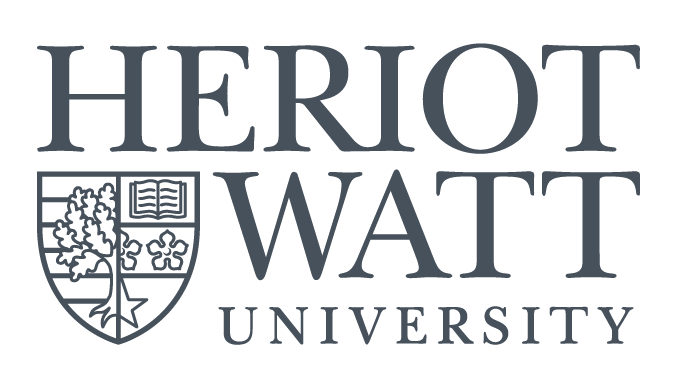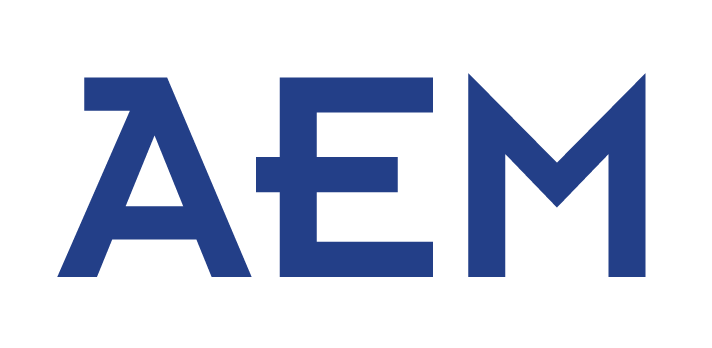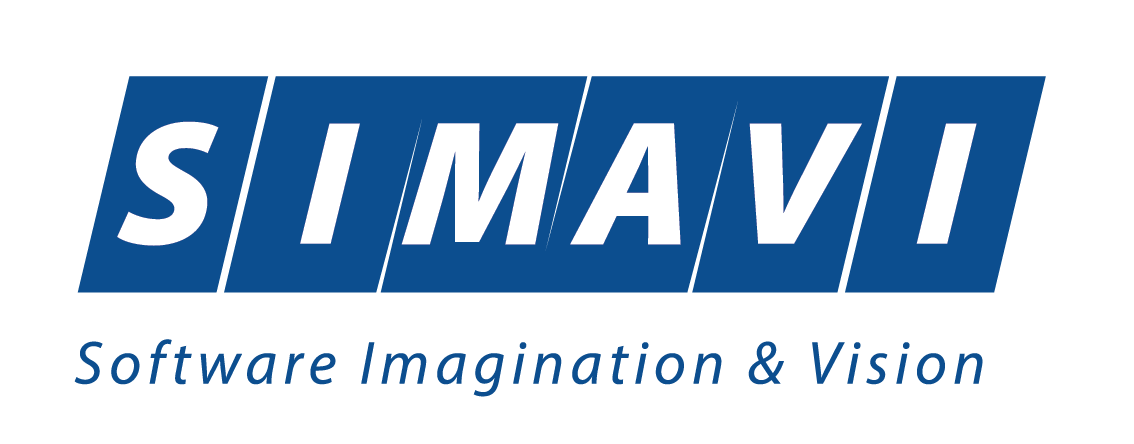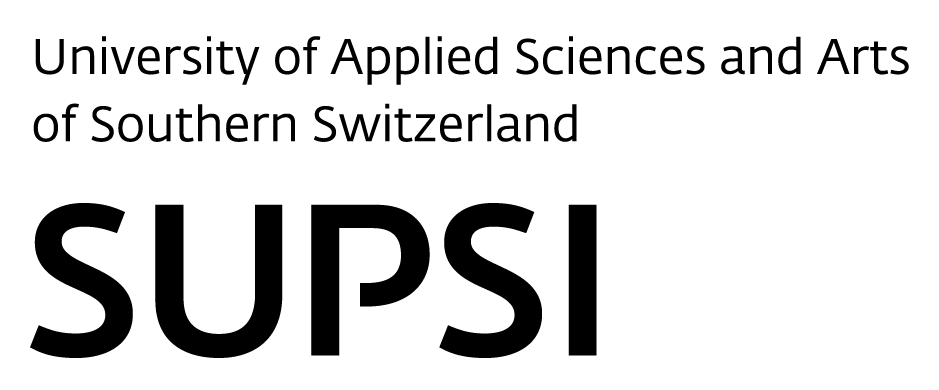COST Action Positive Energy Districts European Network (PED-EU-NET)

The COST Action Positive Energy Districts European Network (PED-EU-NET) aims to mobilise researchers and other relevant stakeholders across different domains and sectors to drive the deployment of Positive Energy Districts (PEDs) in Europe through open sharing of knowledge, exchange of ideas, pooling of resources, experimentation of new methods and co-creation of novel solutions.
This COST Action will build up a PED innovation eco-system that helps to find solutions to the diverse challenges stemming from different domains. It will do so by bolstering dialogues among relevant stakeholders and stimulating collaboration along and across domains and sector-specific value chains. This is key to co-create solutions for the planning, financing, deployment, replication and mainstreaming of PEDs. It will harmonise, share and disseminate knowledge and breakthroughs on PEDs in different domains at a European level. It will explore various forms of governance involving public-private-people partnerships and provide insight into practical approaches for evidence-based governance for the development of PEDs. This will lead to increased knowledge sharing both within and outside European research organisations and encourage mashup innovation across academia, industry, cities and communities.
Start date: September 2020 – End date: September 2024
BRIDGE

BRIDGE is the European Commission initiative which unites Horizon 2020 and Horizon Europe Smart Grids, Energy Storage, Islands, and Digitalisation Projects.
Its objective is to create a structured view of cross-cutting issues encountered in demonstration projects, discuss solutions to overcome obstacles to innovation, share knowledge and deliver recommendations to facilitate the energy transition. BRIDGE enables projects to share knowledge continuously and speak with a single voice when delivering conclusions and recommendations for future project result utilization through four working groups (WGs):

InterPED actively participates in two Working Groups:
WG Data Management
The Working Group on Data Management aims to cover a wide range of aspects ranging from the technical means for exchanging and processing data between interested stakeholders to the definition of rules for exchange, including security issues and responsibility distribution in data handling.
The WG has identified 3 areas of collaboration:
- Communication infrastructure embracing the technical and non-technical aspects of the communication infrastructure needed to exchange data and the related requirements;
- Cybersecurity and data privacy entailing data integrity, customer privacy and protection;
Data handling including the framework for data exchange and related roles and responsibilities, together with the technical issues supporting the exchange of data in a secure and interoperable manner, and the data analytics techniques for data processing.

WG Consumer and Citizen Engagement
The Working Group on Consumer and Citizen Engagement was established with the aim of creating a structured cross-cutting understanding of the role and methodologies of engagement in European R&I projects towards better understanding, triggering, and leveraging the action of consumers and citizens in the energy landscape.
Focal points are:
- Analysing strategies and tools for a wider inclusion in the use of digital solutions, in terms of accessibility, affordability, and automation
- Creating a scientific sound and practical relevant methodology of selecting and measuring indicators of engagement
- Understanding the main categories of engagement strategies applied in European Energy projects and identifying challenges associated with these strategies
Consumers and citizens are crucial actors to consider and engage when aiming to realize a just and sustainable energy transition in Europe – and beyond.
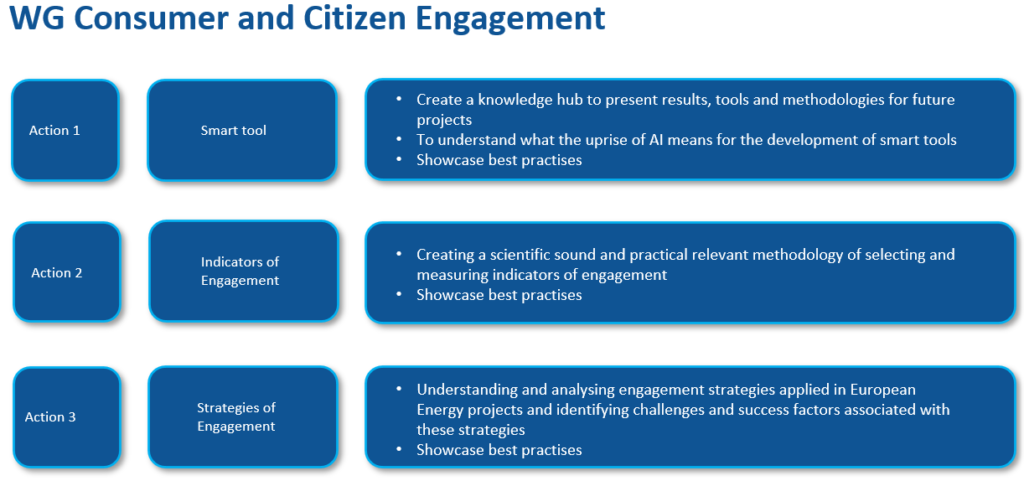
Scalable Cities

Scalable Cities is an initiative funded by the European Commission to support Smart Cities and Communities (SCC) projects in identifying, testing, and promoting innovative solutions and business models that can be scaled and replicated across Europe. The goal is to deliver measurable impacts, such as the creation of new jobs and increased energy efficiency.
The initiative focuses on solutions in areas like:
- Mobility
- Smart buildings and infrastructure
- Citizen engagement
- Data platforms
- New business models
- City governance
Within the initiative:
- Lighthouse cities act as pioneers by deploying and testing integrated innovative solutions.
- Fellow cities follow by replicating and scaling up these solutions in different urban contexts.

Cluster Projects

ARV
grant agreement ID: 101036723
ARV is a Horizon Europe Green Deal project focused on accelerating Climate Positive Circular Communities (CPCCs) through large-scale renovation and deployment of sustainable, digital, and circular solutions. Demonstrating over 150,000 m² of renovations across six European cities, ARV integrates people, buildings, and energy systems via co-creation, lifecycle assessments, and easy-to-use tools. The project tackles key urban challenges through nine thematic areas, offering replicable models and policy guidelines to support climate-resilient, affordable, and circular practices in construction and energy.

ASCEND
grant agreement ID: 101096571
ASCEND is a Horizon Europe project that aims to make Positive Clean Energy Districts (PCEDs) the norm by enabling inclusive, resilient, and smart communities in Europe. Operating in two Lighthouse Cities (Lyon and Munich) and six Multiplier Cities, the project promotes zero-carbon buildings, smart energy grids, and citizen involvement. Each PCED is coordinated through a digital platform and human network linked to an urban orchestrator, ensuring long-term integration of energy, mobility, and digital services.

ATELIER
grant agreement ID: 864374
ATELIER is an EU-funded Smart City project aiming to create Positive Energy Districts (PEDs) in Amsterdam and Bilbao, saving 1.7 kton of CO2. It supports replication in six Fellow Cities (Bratislava, Budapest, Copenhagen, Krakow, Matosinhos, and Riga) by implementing smart urban solutions that integrate energy, mobility, and citizen-centric approaches to sustainability.

BIPED
grant agreement ID: 101139060
BIPED is a Horizon Europe project aiming to enhance digital twin models to better represent social, economic, and environmental factors crucial to Positive Energy Districts (PEDs). The project focuses on refining district profiles, leveraging soft data, and boosting the replicability of PEDs across European cities, providing a streamlined, scalable approach to urban decarbonization.
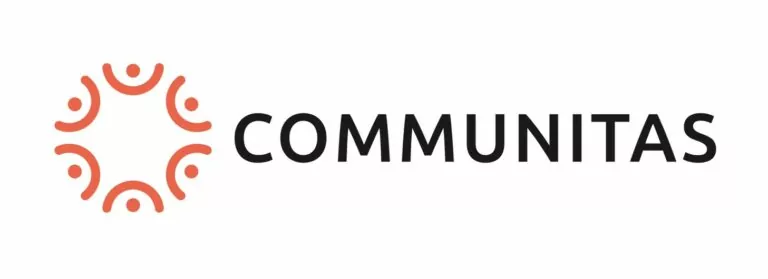
COMMUNITAS
grant agreement ID: 101096508
COMMUNITAS is a Horizon Europe project that aims to empower citizens to become active participants in Renewable and Citizen Energy Communities (RECs/CECs) by offering a Knowledge Base and a digital one-stop platform. Leveraging technologies like IoT and Blockchain, the project fosters energy citizenship and integrates citizen feedback through Social and Policy Labs, supporting widespread participation in energy markets.

ExPEDite
grant agreement ID: 101139527
ExPEDite is a Horizon Europe project that deploys a modular Digital Twin to monitor and optimize Positive Energy Districts (PEDs), focusing on real-time energy flows, citizen engagement, and behavioral change. Demonstrated in Riga, Latvia, the project combines data-driven planning, gamification, and AI-enhanced tools to support sustainable and replicable urban energy transitions.

HARMONISE
grant agreement ID: 101138595
HARMONISE is a Horizon Europe project developing an end-to-end solution to transform urban districts into Positive Energy Districts (PEDs). Focusing on scalability, interoperability, and user-centric design, the project delivers hierarchical energy management systems that integrate renewable resources and support sustainability. HARMONISE leverages advanced technologies to ensure secure and efficient energy operations while empowering stakeholders through tools that promote engagement and active participation.

IRIS Smart Cities
grant agreement ID: 774199
IRIS is a Horizon 2020 Smart Cities and Communities project that promotes integrated smart city solutions through demonstration projects in Utrecht, Nice, and Gothenburg, with replication in four Follower Cities. The project focuses on energy-positive districts, flexible energy systems, sustainable mobility, citizen engagement, and open digital platforms, supported by replicable business models for EU-wide uptake.
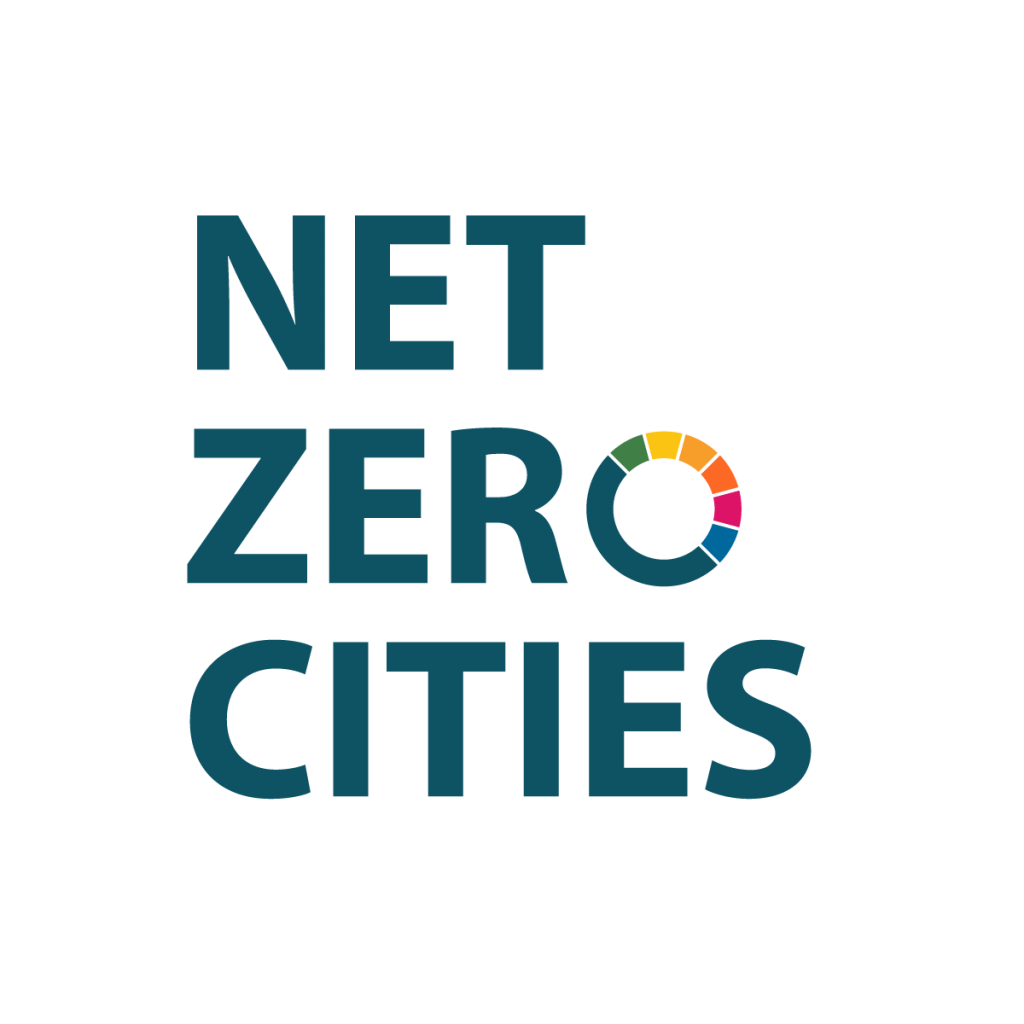
NetZeroCities
grant agreement ID: 101121530 & 101139652
NetZeroCities is a Horizon 2020 and a Horizon Europe project that supports the EU Mission “100 Climate-Neutral and Smart Cities by 2030” by helping cities remove barriers to climate action through a one-stop platform offering tools, services, and peer-learning. The project accelerates systemic change and empowers local authorities to lead the transition to net-zero emissions, aligning with the EU Green Deal.

NEUTRALPATH
grant agreement ID: 101096753
NEUTRALPATH is a Horizon Europe project that demonstrates Positive Clean Energy Districts (PCEDs) in Zaragoza and Dresden, aiming for climate neutrality by 2030. With Climate-Neutral Labs and engagement from three Fellow Cities (Ghent, Istanbul, and Vantaa), the project uses co-creation, digital tools, and innovative business models to scale PCEDs across Europe.

oPEN Lab
grant agreement ID: 101037080
oPEN Lab is a Horizon 2020 project that tests replicable and commercially viable solutions for Positive Energy Neighbourhoods using Living Labs in Genk, Pamplona, and Tartu. The project integrates technologies into micro-energy hubs, validating their performance at the neighborhood scale and offering adaptable models for urban decarbonization.
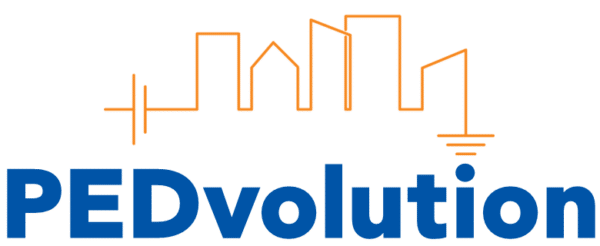
PEDvolution
grant agreement ID: 101138472
PEDvolution is a Horizon Europe program, develops seven modular tools to support evolving Positive Energy Districts (PEDs), including planning toolkits, interoperability platforms, and business models. Demonstrated in real-life districts in Germany, Slovenia, and Switzerland, the project focuses on four core aspects: social, technological, market, and interoperability, enabling scalable and adaptive PED solutions.

RESPONSE
grant agreement ID: 957751
RESPONSE is a Horizon 2020 project that aims to support climate-neutral cities by addressing the energy trilemma through smart solutions at the building, block, and district levels. It empowers Dijon and Turku as Lighthouse Cities with support from six Fellow Cities, advancing smart city transitions through integrated energy and digital infrastructures.

STARDUST
grant agreement ID: 774094
STARDUST is an EU-funded Smart Cities project that brings smart city innovations to life in Pamplona, Tampere, and Trento, with replication in four additional cities. The project intertwines digital, energy, and mobility solutions to foster sustainable urban living, guided by a strong replication and dissemination strategy.

TIPS4PED
grant agreement ID: 101139060
TIPS4PED is a Horizon Europe project aiming to develop a Digital Twin-based platform to help cities plan and manage Positive Energy Districts. Focused on sustainability, cost-efficiency, and citizen participation, the project pilots its solutions in Turin, Cork, Kozani, and Budapest to support the EU 2030 climate goals.






